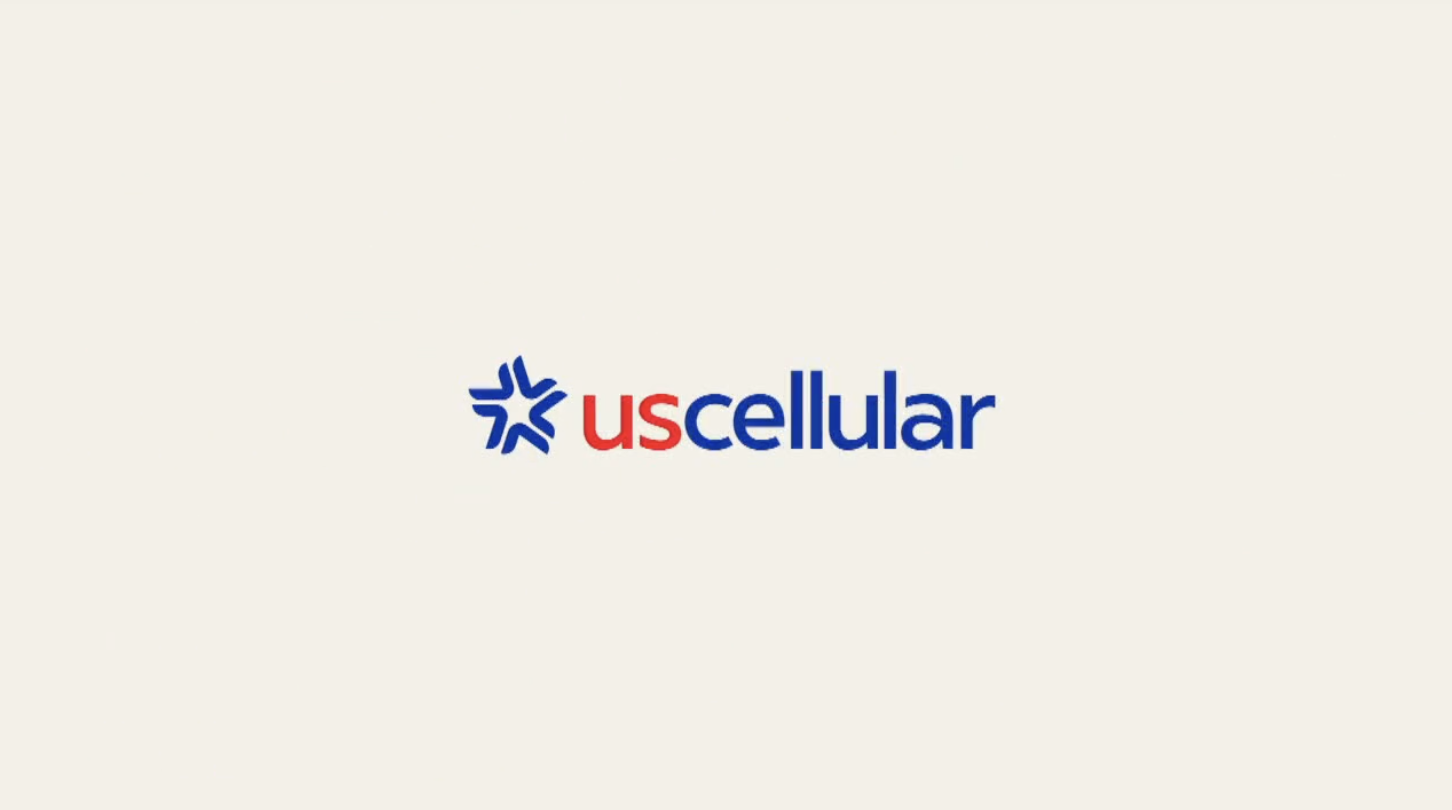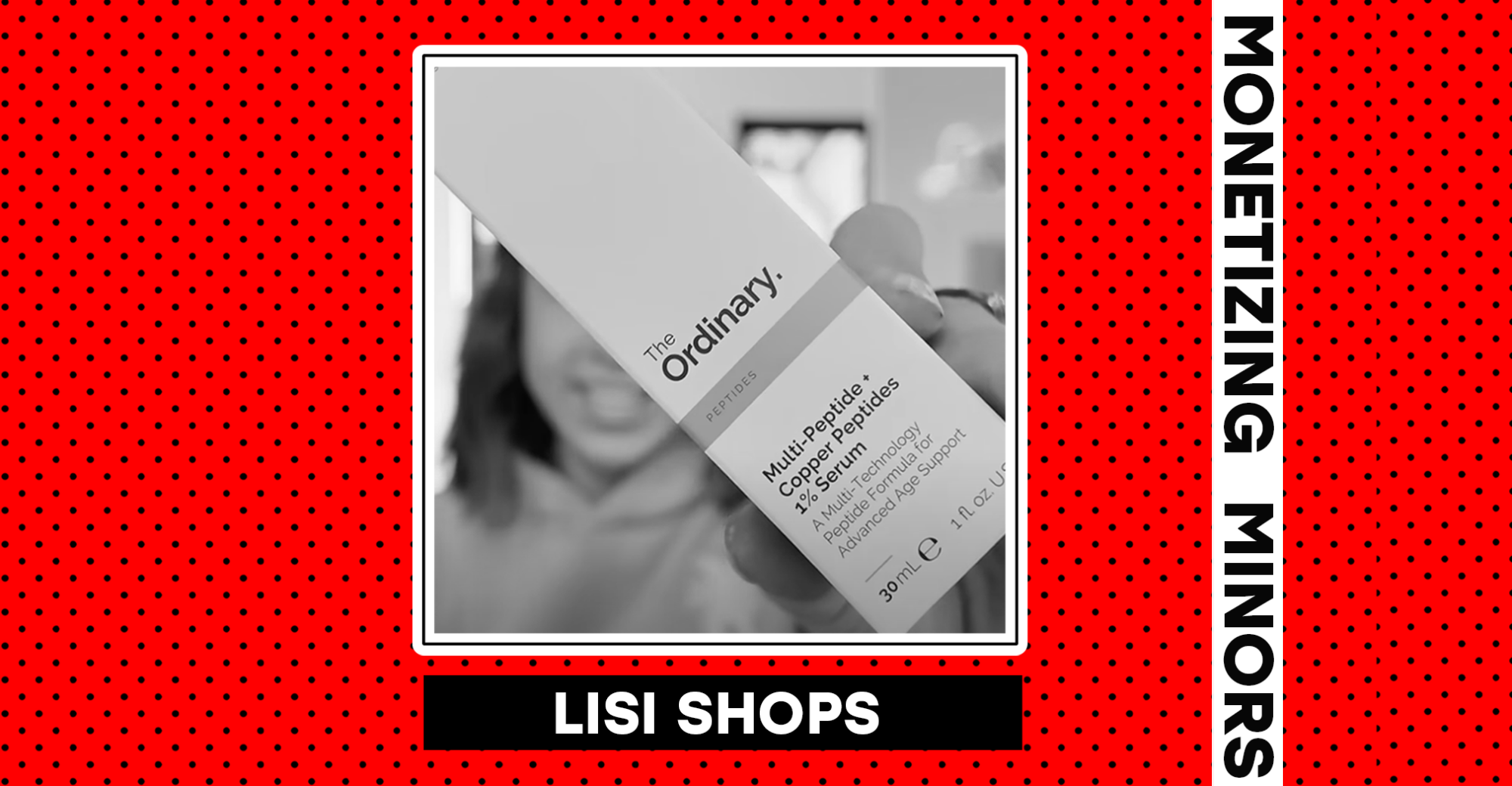
Ribena – There’s No Taste Like Home
This soft drink reminds consumers of the good old days.
In April 2014, a class-action lawsuit was filed against Exclusive Supplements Inc. for allegedly falsely advertising the weight loss supplement AdrenaLean. Among other things, plaintiffs claim that the company falsely represents that AdrenaLean contains Hoodia godronii (an African cactus plant) when independent tests actually show that the supplement does not contain the plant. In addition, the complaint alleges that the company markets the product as having the ability to both suppress appetite and aid in weight loss when, in reality, the supplement does not work as advertised. (Singleton et al v. Exclusive Supplements Inc., Case No. BC542886, Superior Court of the State of California, County of Los Angeles).
For more information regarding the marketing of weight-loss products and TINA.org’s coverage of the issue, click here.
This soft drink reminds consumers of the good old days.
What you need to know about this offer.
What’s this kidfluencer doing promoting a “youth cream”?
Emily Baker-White, Forbes
Can this joint supplement back up its stiff promises?



